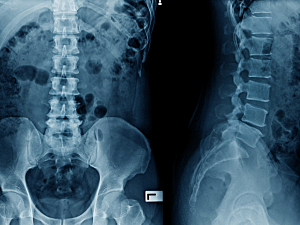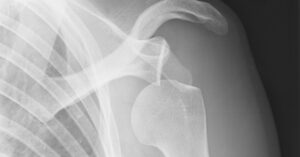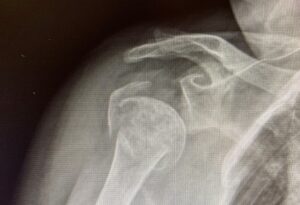Can Degenerative Disc Disease Be Treated Without Invasive Surgery?

Brigham and Women’s Hospital investigators led by James D. Kang, MD, chair of the Department of Orthopaedic Surgery, and Shuichi Mizuno, PhD, are exploring new technology and a groundbreaking approach to slow down and even prevent intervertebral disc degeneration without resorting to surgery.
Read More...





 Shoulder instability is a relatively common concern in athletes, especially among those who play contact sports such as football, basketball and rugby. This condition has a number of treatment options, including physical therapy and various surgical procedures, but much remains unclear about how to determine the best course for each patient.
Shoulder instability is a relatively common concern in athletes, especially among those who play contact sports such as football, basketball and rugby. This condition has a number of treatment options, including physical therapy and various surgical procedures, but much remains unclear about how to determine the best course for each patient.
